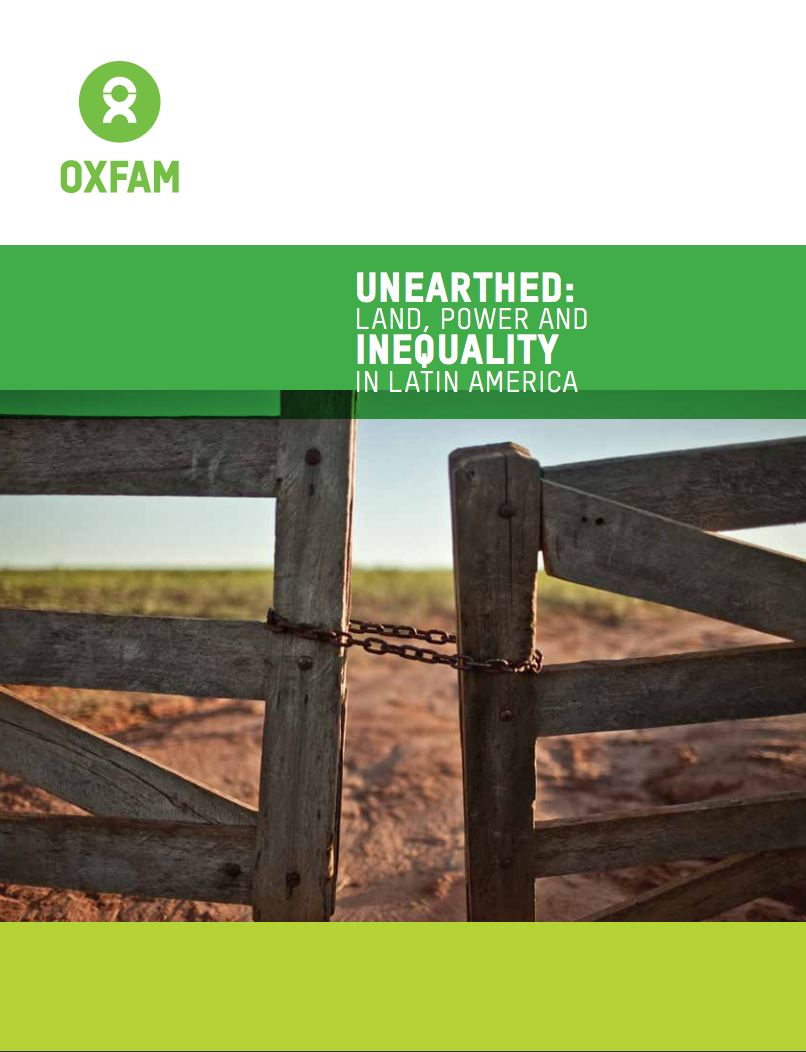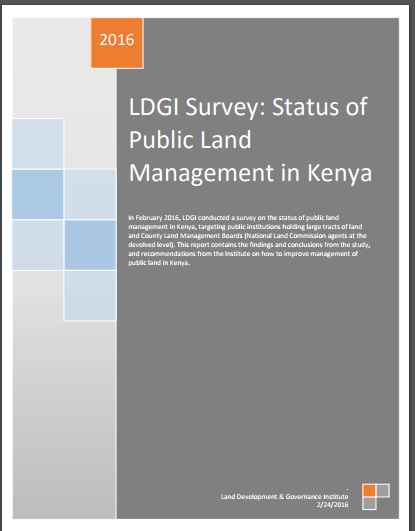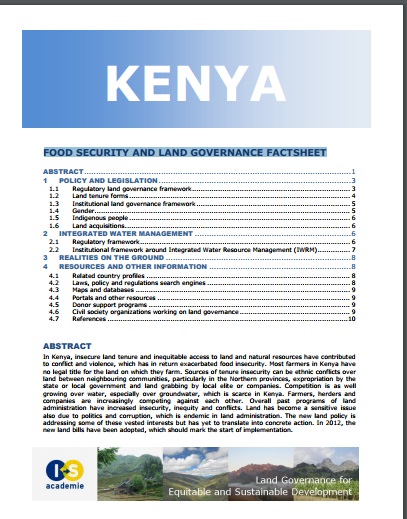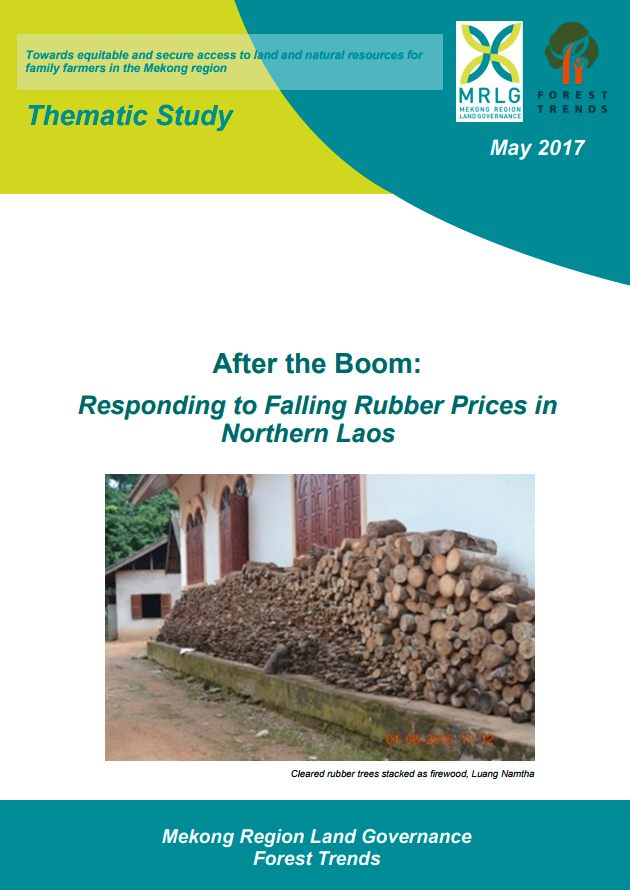Re-Thinking the Role of Compensation in Urban Land Acquisition: Empirical Evidence from South Asia
Planned efforts to relocate human populations often entail protracted struggles over the terms on which local populations may be compensated for the loss of land, assets and livelihoods. In many instances, compensation has been established on the basis of historical market value, which in effect excludes stakeholders (e.g., encroachers, landless laborers, sharecroppers, etc.) whose livelihoods are adversely affected by land acquisition. Establishing ways of recognizing and compensating the loss of informal land and livelihood is therefore a pressing policy priority.












